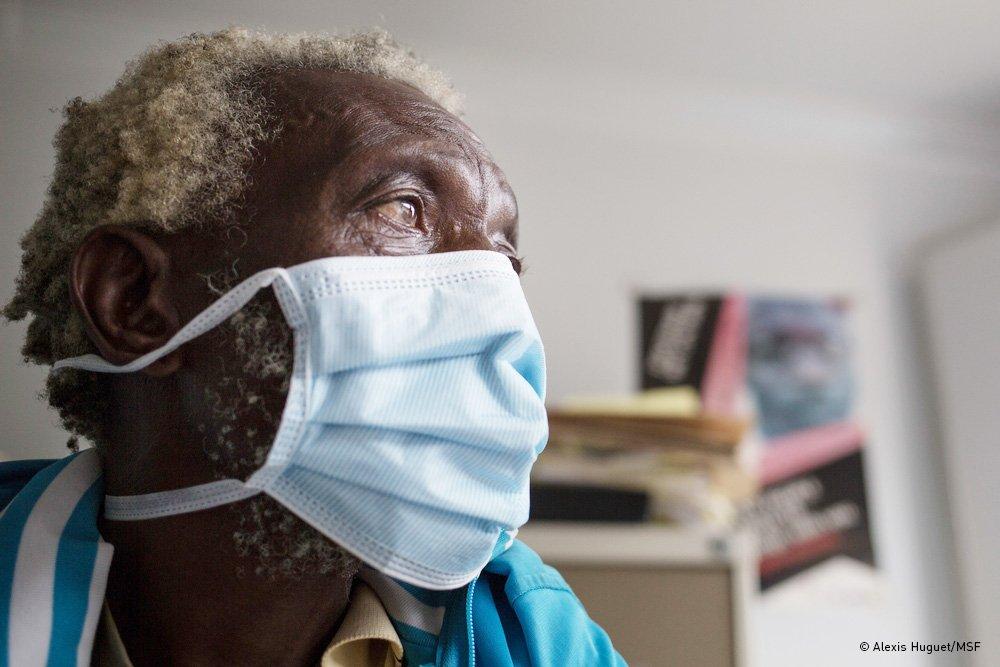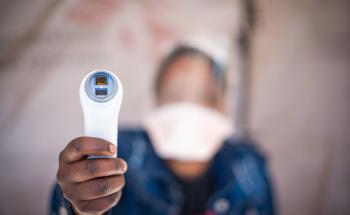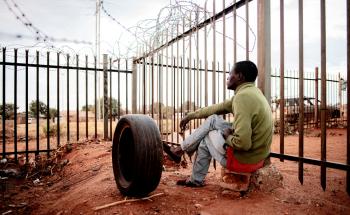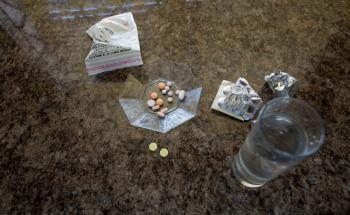The World Health Organization (WHO) released today the 2021 edition of its Global Tuberculosis (TB) Report, featuring data on TB trends and responses in 197 countries and areas.
For the first time in more than 10 years the number of deaths due to TB has increased, from 1.4 million deaths in 2019 to 1.5 million deaths in 2020, largely due to the devastating impact of the COVID-19 pandemic on TB care, including testing services. Timely and accurate diagnosis of TB, followed by provision of the most effective treatment, prevents death, limits illness in people who develop TB and reduces further transmission of TB.
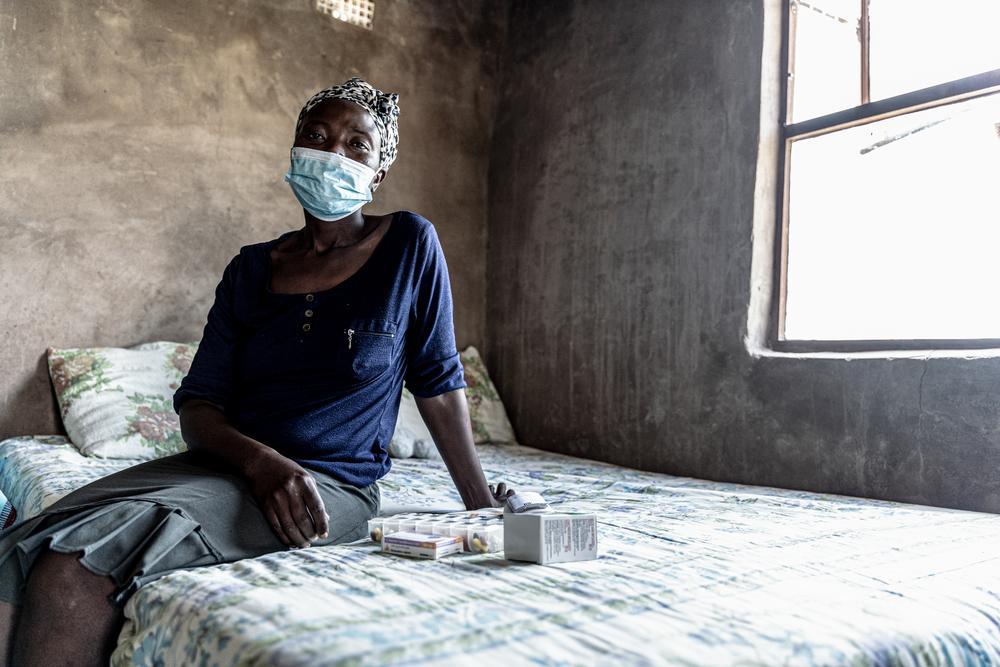
According to WHO, the number of people newly diagnosed with TB and reported to national governments dropped from 7.1 million in 2019 to only 5.8 million in 2020. This alarming reduction in TB case detection and reporting reflects both supply and demand-side disruptions to TB testing services.
While additional suppliers are entering the market, many TB testing services in countries are still dependent on the GeneXpert TB tests supplied by Cepheid. This US-based diagnostics corporation has received over US$250 million in public investments in the last decade to develop and roll out the GeneXpert technology but has fallen short in providing returns to the public and is overcharging low- and middle-income countries for the tests. Despite multiple alarms from civil society around the world, Cepheid refuses to provide transparency on the cost of production and profit margins of tests for TB and COVID-19, amongst other diseases.
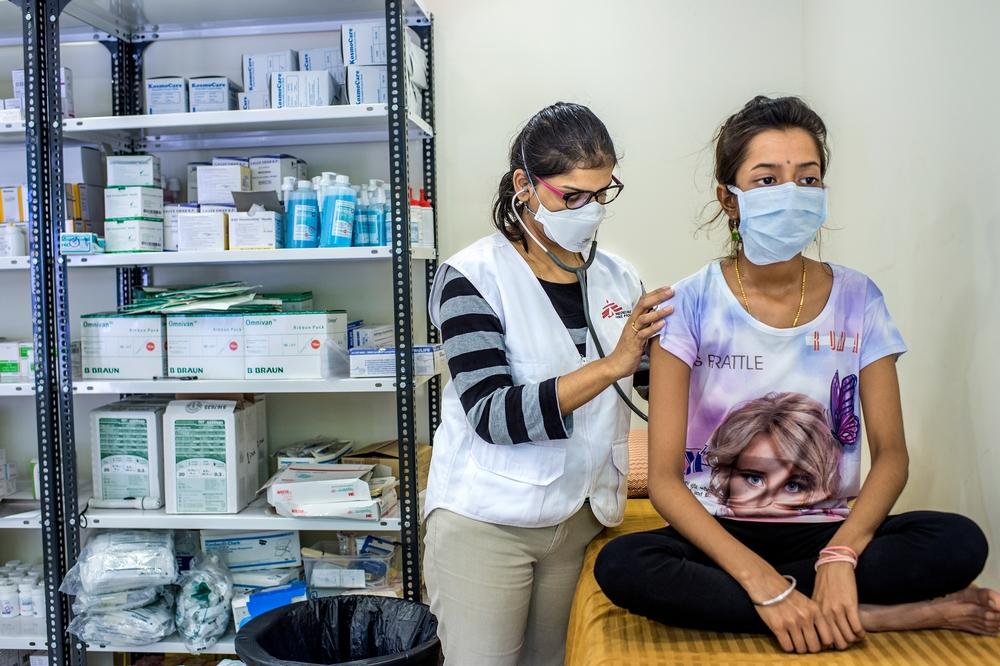
In addition to overcharging low- and middle-income countries, Cepheid recently decided to cancel the commercialization of its newest GeneXpert technology, a battery-powered, robust and portable GeneXpert system called Omni, that was designed to overcome the shortcomings of the existing GeneXpert system for community-based testing. MSF calls on Cepheid, as well as all suppliers of TB tests, to support closing the deadly TB testing gap by ensuring that TB tests are affordable and adapted to the needs in countries.
Cepheid is an example of a pharmaceutical company prioritizing its shareholders’ profit over people’s lives. Cepheid received over $250 million in public investments to develop the GeneXpert tests, but still prices this lifesaving test out of reach for many high TB burden countries.Stijn Deborggraeve, Diagnostics Advisor, MSF Access Campaign
Stijn Deborggraeve, Diagnostics Advisor, MSF Access Campaign:
We cannot accept that year after year, up to 1.5 million people die from the curable disease TB because they do not have access to the diagnostics and drugs that can save their lives. With the alarming increase in TB deaths in 2020 due to the COVID-19 pandemic, much more needs to be done to close the deadly testing gap and ensure that many more people with TB are diagnosed and treated. Yet access to diagnostic tests is still limited in many high TB burden countries because they depend on GeneXpert tests supplied by Cepheid, which remain too expensive.”
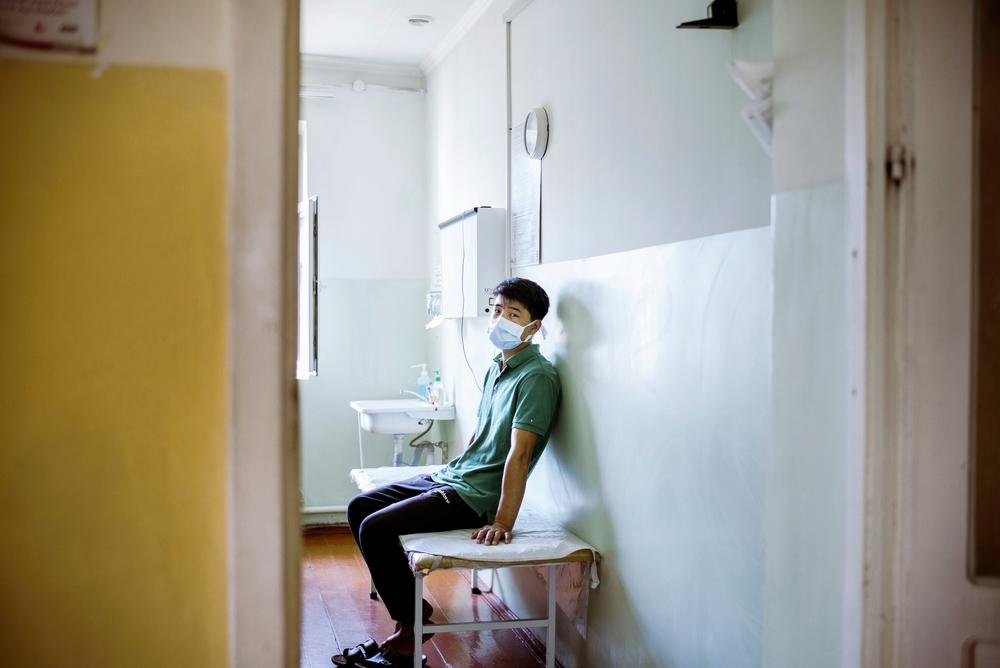
“Cepheid is an example of a pharmaceutical company prioritizing its shareholders’ profit over people’s lives. Cepheid received over $250 million in public investments to develop the GeneXpert tests, but still prices this lifesaving test out of reach for many high TB burden countries.
“Cepheid’s recent decision to halt the launch of the GeneXpert Omni technology without any explanation or effort to mitigate the impact of the decision on the TB testing gap is outrageous. Cepheid received more than $86.5 million in public funding from the US government to develop the Omni technology to support community-based testing. Cepheid must be held accountable for the public investments made and for its commitments to people with TB. We need all technologies to fight TB and reduce the number of TB deaths urgently.
“MSF is providing TB testing and treatment in 38 countries, and we do not accept that people with TB are unable to access the diagnostic tests they need because companies like Cepheid prioritize profit over saving lives.”
